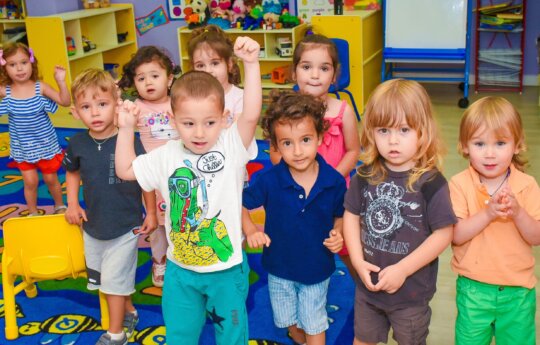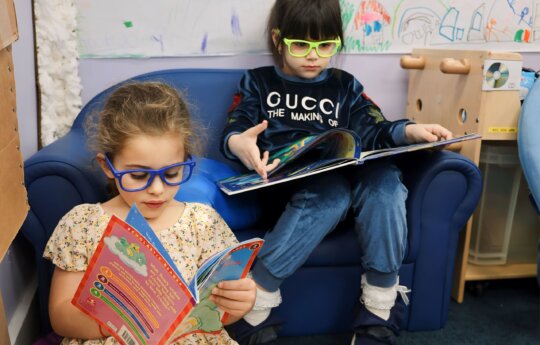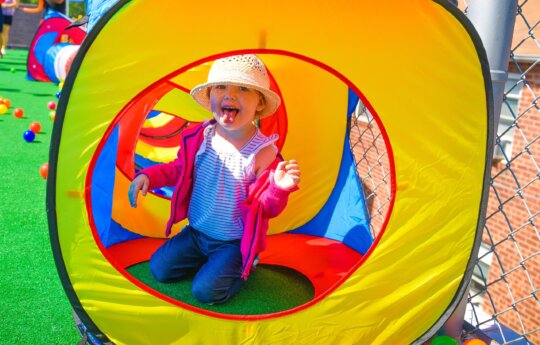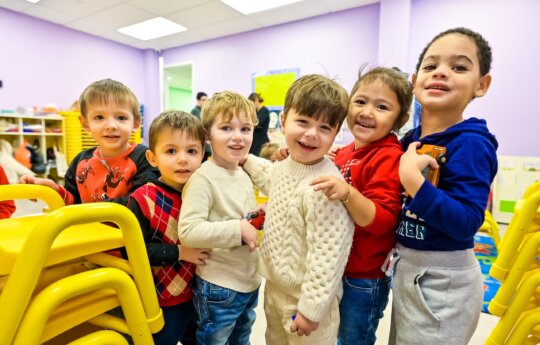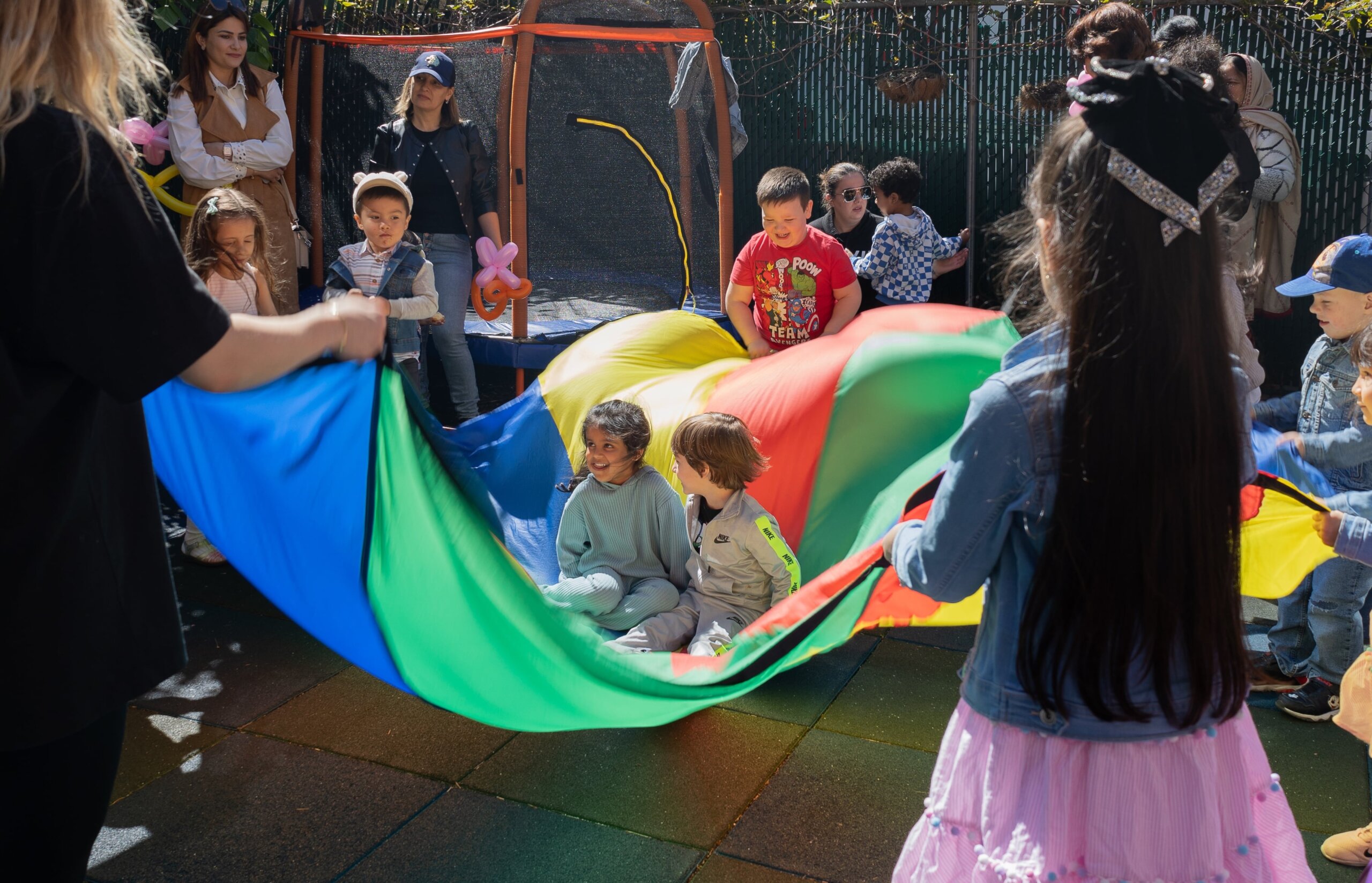
Working and having a family can be demanding for most parents. Due to this, extended day enrichment programs are an essential solution. The structured and enriching care goes beyond the traditional daycare hours and is not merely an extension of a day in a facility.
What is an extended day program? The program offered is a combination of academic support, recreation, and student development, primarily targeting the children. Extended day programs are increasingly significant in child care in modern times. Parents are busier than they were generations ago. At the same time, children stay longer in school each day than they used to. The result is a great time for children to experience the world away from school. Extended day enrichment programs are designed to cover the hours children are not in school, and parents are busy working.
Benefits of Extended Day Enrichment Programs
Daycare centers with extended day enrichment programs aim to develop and improve children’s quality of life. Such programs create a conducive environment for children to enhance their academics and hone their life skills while benefiting from social interactions with their peers. The following are some of the benefits of this program:
1. Academic Support
- Enhanced Learning Opportunities: Many of these programs include homework help, which takes up some of the stress of the evening for families but also serves to reinforce what children learn in school during the day. Additionally, tutoring services are available in any subject where a child may struggle.
- Curriculum Extension: Daycare centers can offer curriculum-based activities throughout the day. This coincides with what the children are learning in preschool and helps reinforce the educational experience of the day and build upon that.
2. Skill Development
- Social Skills: These activities aim to enhance cooperation, sharing items, and empathy. They are important in the health and social development of children.
- Cognitive Skills: These are activities intended to improve the child’s intellectual level. This can be through games, stories, puzzles etc. They are important as the increased cognitive function is important in ensuring academic success.
- Physical Skills: These are important in the improvement of the motor skills of the child. They can be included to enhance coordination and the child’s overall physical health. The activities can be organised games such as football, athletics or free play.
3. Social Interaction
- Friendship Building: Extended day programs provide children with more time to make friends. This is important as it gives more time to bond with peers, which is essential given the fact that these people will be a child’s main emotional and social support.
- Different Social Settings: Children establish relationships with a wide range of age groups and different backgrounds. Thus, it helps to prepare them to function more effectively in the diverse world that we live in.
- Supervision: Interaction is always under control; hence, the children feel safe when communicating.
Typical Activities in Extended Day Enrichment Programs
The list of activities realized in extended-day enrichment programs is diverse, and the choice significantly depends on children’s interests and developmental needs. It is also possible to note that these programs are aimed at combining educational activities with recreation and knowledge on how to lead a fulfilling life. Some of the most widespread activities include a multiplicity of sports and creative art forms.
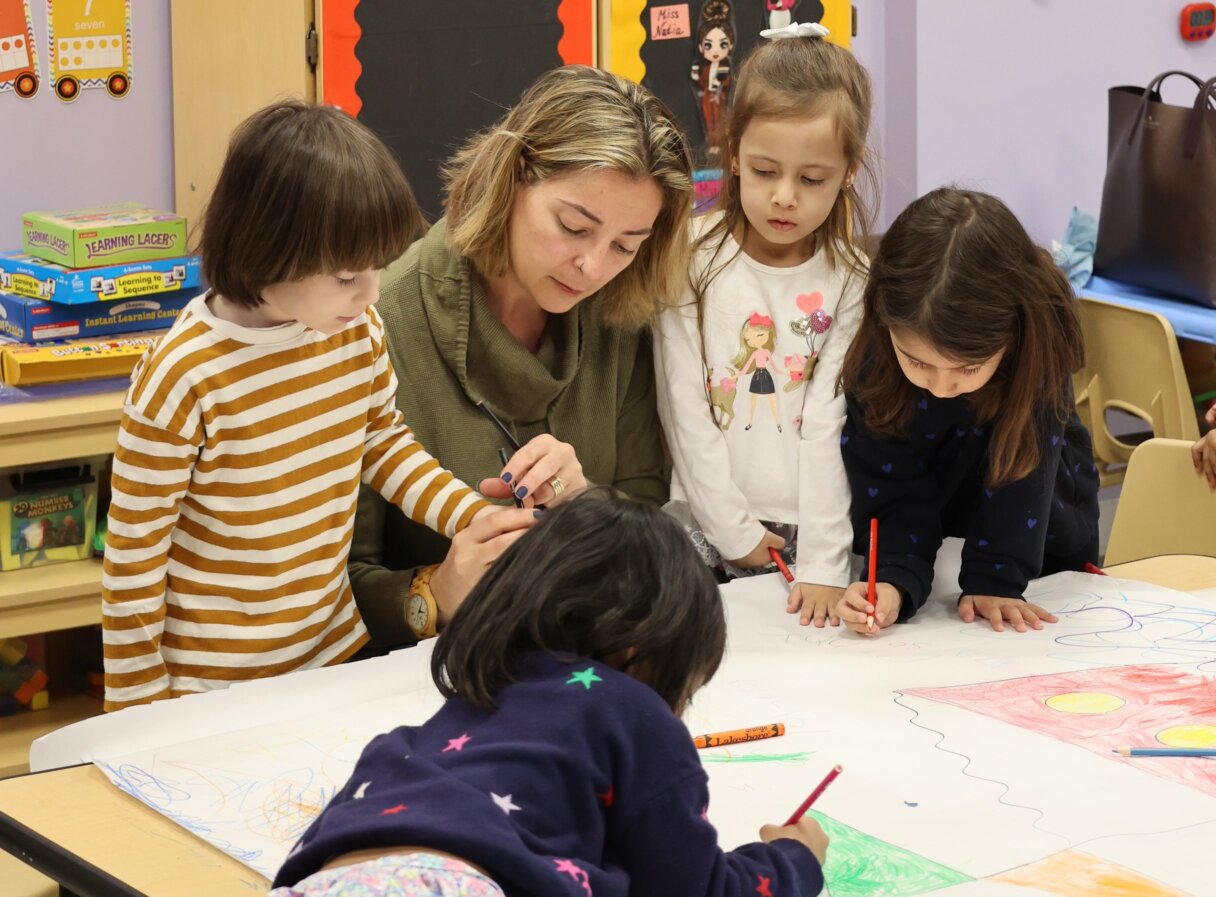
Educational Activities
- Hooked on Phonics: This is a program that can help to improve your reading skills by phonetics-based techniques. This way, it will help you learn how to read in an interesting course.
- Happy Ever After Program: It educates students in early literacy and comprehension through telling stories and analyzing the characters in those stories. It also makes students love reading.
- Coding: Nowadays, it is essential to understand some programming basics, and teaching coding is a pretty good idea to develop logical thinking and advance problem-solving skills in pupils.
- Chess: Chess is a challenging but fun game that can be played at any age. After all, it is able to improve our strategic thinking, develop our brain activity, and, what is more, is really an exciting game to play.
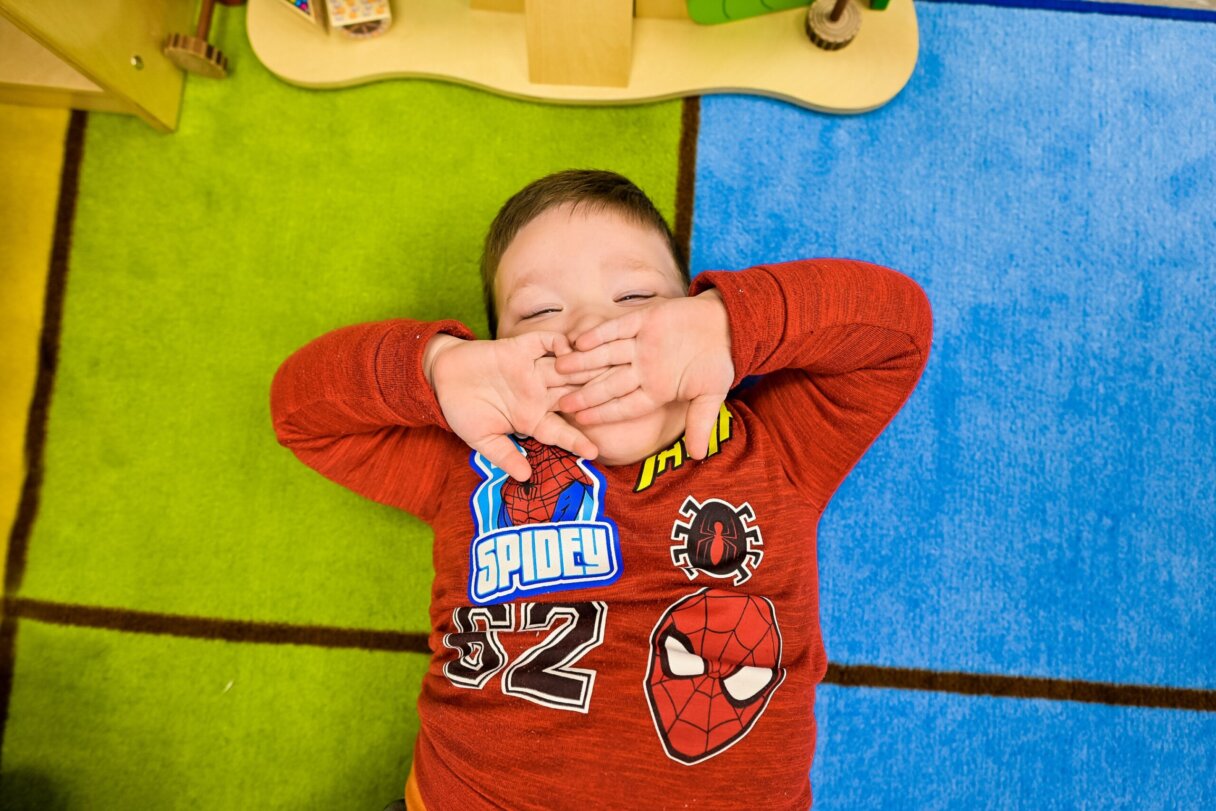
Recreational Activities
- Yoga: Improved flexibility, balance, and mind-body awareness. Yoga classes are designed to be fun play-based sessions that help children access a greater sense of freedom, focus, and creativity.
- Music & Dance: Experiences include different kinds of music and exposure to dance style from hip-hop to ballet and various others. Music and Dance are a way for children to show their expressions and coordination.
- Taekwondo: A structured, impromptu physical session that promotes brain and body exercise to stimulate the child’s abilities to learn skills like discipline and self-defense.
- Art Classes: Drawing, Painting, and crafting projects help the child increase their creativity and fine motor skills.

Life Skills
- Cooking Classes: Simple cooking activities teach children about nutrition, measurements, and the importance of following directions.
- Gardening: Teaches basic botanical concepts and responsibility as children care for and observe the growth of plants.
- Money Management: Basic financial literacy activities tailored for young children to understand saving, spending, and the value of money.
Activities at Little Scholars Extended Day
Apart from the general activities outlined above, the Little Scholars Extended Day offers a unique combination of curriculum-based and extracurricular activities, which are bound to keep the children entertained and enriched. With both academic programs, such as Hooked on Phonics and Happy Ever After, and physical and creative activities, including taekwondo, art, and coding, the program ensures that each and every child will find something to not only keep them occupied but also to develop their mind, body, and soul.
How to Choose the Right Extended Day Program
1. Staff Qualifications
- Staff Training: Ensure that the staff members have all required qualifications. They need to have early child education degrees and pass first aid and CPR training.
- Experience with Children: Find local people who already have extensive experience working with children in after-school or enrichment school programs. Knowing the staff has already dealt with different children’s behaviors and requirements gives the feeling of assurance that the staff can take care of anything.
- Passion and Commitment: Finally, staff should not be limited to having only proper credentials; they should be passionate about dealing with children. It is possible to see the dedication in the way the staff treats children, talks to them, and engages in-game activities.
2. Program Structure
- Assess how well the program balances structured activities and free time. Ideally, children should enjoy a mix of guided educational and recreational activities as well as ample time to relax and play whatever games they like.
- Ensuring that the programs can easily accommodate kids of different ages, interests, and physical or cognitive development should also be taken as one of the criteria. On the one hand, the program should be diverse enough to allow adaptations according to the specific groups of students. On the other hand, the best programs should offer a variety of activities to accommodate different personalities and learning styles.
- Also, one should ensure that the programs comply with the major safety requirements and strictly control the staff-to-child ratios.
3. Feedback and Reviews
It is also important to consider the perspective of other parents who have their children enrolled in the program. You can speak with other parents to get an idea of their satisfaction levels and read online reviews to see what the consensus is. Additionally, teachers and preschool administrators can provide recommendations with respect to how well the extended day program complements the school’s regular curriculum and supports the children’s development. Finally, visit the program’s site as much as you can so you can see how the staff members interact with the children, how safe and clean everything is, and the site’s overall environment.
Conclusion
The advantages of an extended day enrichment program are numerous and multiply because they can contribute significantly to a child’s education and personal development. These programs provide children with academic help and new skills while also providing necessary social interactions and are designed to be part of a child’s everyday schedule. For that reason, the program’s staff, structure, and overall experience are essential; it is critical that the program parents choose has qualified staff, a proper balance, and a positive response in the community to ensure that children receive the best care and education. Furthermore, as it is generally held, parents should consider whether the program will fit into their child’s daily routine: they should not view it merely as a convenient childcare service, as it can profoundly affect their child’s learning and overall growth.
Little Scholars Extended Day (3-5 years old)
Discover the vast and enriching opportunities offered by Little Scholars Extended Day! Whether your child loves academics – from Hooked on Phonics to coding or more creative endeavors like art and dance, Little Scholars provides a safe, caring environment for your child to grow, learn, and enrich their horizons.
Visit us or contact our team today to learn more about our programs and how they can benefit your child and contribute to your family’s academic needs and goals. Let’s build the future together!

